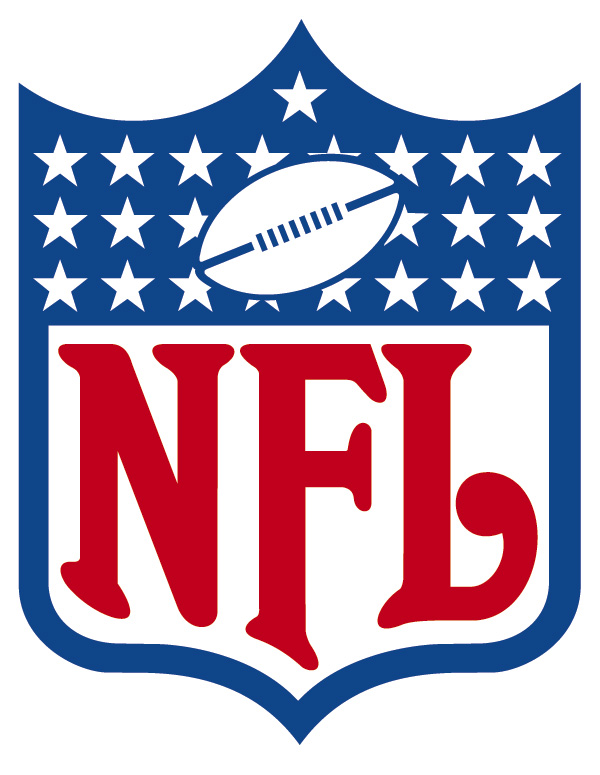Prognostication is no easy task, particularly as the length of time involved grows. Predictions of a future world made 100 years ago might seem ludicrous now as we sit here and look around us, realizing how far from reality those predictions have turned out to be. And yet we have even in our everyday lives things that the wildest imagination may not have come up with so long ago.
Speculation about the nature of transformation in the world of professional sports is an interesting case. It goes without saying that football, for example, has undergone a great deal of changes over the course of its existence.
But as we drive deeper and deeper into the technological age, it may be difficult to conceive of such a regressive and instinctual activity such as sports adapting itself much to the advances being made in this arena. Indeed, many facets of professional sports today seem antiquated in comparison.
A couple of NFL teams have recently incorporated new technological tools in their practice regimen, utilizing drones to get an overhead view of their team, and using visual headsets on certain players that records their first-person perspective so that another player could put on a headset and live that experience—sort of a virtual rep.
But will these and other technologies ever be incorporated into the actual sport itself, as a part of the games as they are played on the field? A group TED panel that included former NFL punter Chris Kluwe speculates about how that might come to pass in the future.
Kluwe believes that it’s only a matter of time that the sport further incorporates augmented and virtual reality, to the point where some day players might where helmets that contain “a projector that displays your next series of plays on your helmet as you’re running back to the huddle. Or something that highlights the receiver, or warns you if a guy is coming off your blind spot, for instance tackling against quarterback”.
Another technology that panelist David Epstein believes may be adapted more in the sport is occlusion training, in which specific perceptual information is shielded from the trainee through artificial means as a handicap.
Kluwe says that he has seen this to some degree in football, noting a pair of polarized lenses created by Nike that wide receivers would wear, which would in essence blind the user for a fraction of a second for whatever duration is set, which trains players to better predict the delivery of the football.
There will always be traditionalists who object to the evolution of their favorite sports, although the incorporation of on-field technology does seem to be a bit of a new realm within that debate.
Technology has the potential to even the playing field more than any rule change that I can think of. A quarterback with a poor internal clock, for example, being warned of a blindside pursuer and to get rid of the ball, or a cornerback who is a poor film studier, whose headset reads a quarterback’s tendency and clues him into jumping a route.
This seems as though it has the possibility of taking a great deal of human error out of the game, for better or for worse. Still, as much as there might be excitement about growing technology, history suggests that sports is not the quickest sector that is eager to adopt it.








